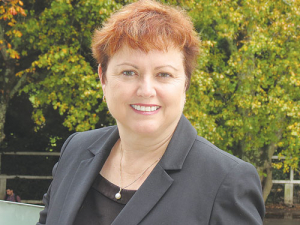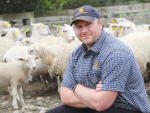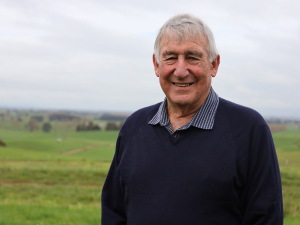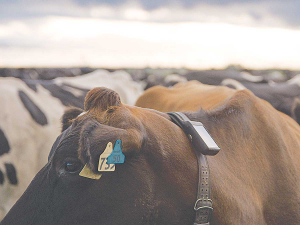Massey University's new vice-chancellor, professor Jan Thomas, says her role is to create an environment where academics are able to adapt and almost predict the future.
She told Rural News that in today’s world no university can be business-as-usual – complacent in a world that is changing.
Thomas, who succeeds Steve Maharey, was previously vice-chancellor of the University of Southern Queensland (USQ), Toowoomba. She trained as a veterinarian but has spent much of her career in academic management roles.
Thomas says USQ is renowned for its expertise in distance education and in agriculture and she believes these similarities with Massey will be an advantage in her new role.
“Education is changing and we need to adapt so that we can thrive,” she says. “I have strategic ideas as to where we can take the university. But certainly Massey is incredibly successful and my job is to take it through to the next level.”
Thomas says universities must adapt to the changing world by offering curriculum and degrees that match the future needs of industry, “collaborating with the guys on the ground”.
“We need to shape that to make sure we are meeting the needs of industry. We also need to meet the needs of society, so that New Zealand can position itself as the best in the world in value-add food products.”
Thomas believes in addressing the big global issues of food safety, water security and climate change – major challenges scientists can play a key role in managing.
Science integrating with business will take the world forward, she says. Robotics, smart science and other innovations will play a part in adapting to change and feeding the world.
“What an incredible privilege it is to a play a part in this – as an agricultural scientist, engineer, veterinarian or business person in agriculture.”











